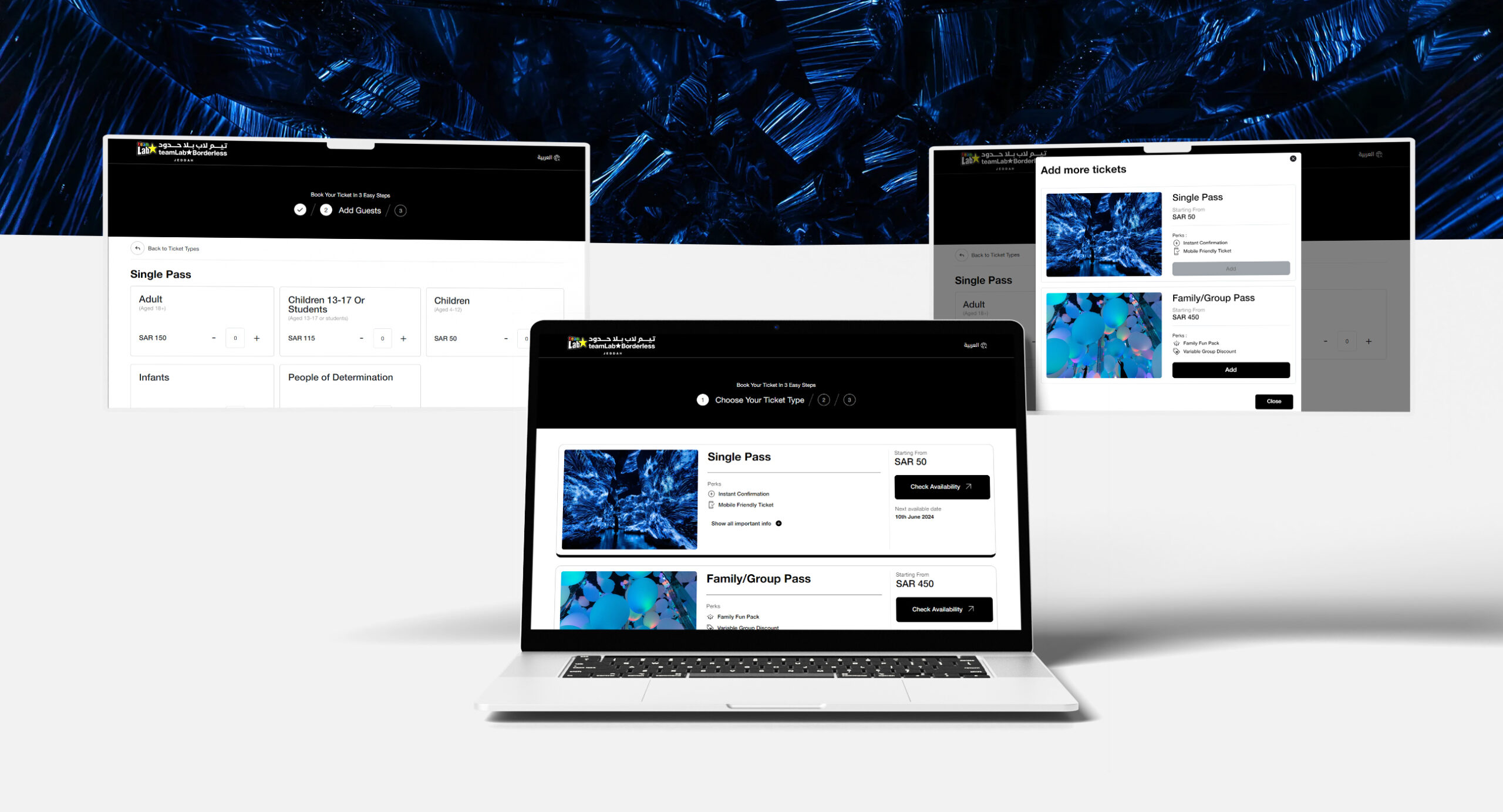In the digital landscape, content has become an indispensable feature. Mastering the content success factors is important in unlocking success and driving growth. The question arises of how to measure content marketing success. Often the people who work in content marketing think that performance is subjective.
This is not the case as real-specific content marketing metrics indicate the content performance. A cautious approach is advised because some vanity metrics might be more annoying than helpful.

The components of a content marketing strategy
Below are some of the content success factors that you need to evaluate
Traffic
There are no surprises here as traffic is important. It is one of the most important metrics because everything comes after it that is engagement and conversion. Though traffic is not a clear indicator of your content’s performance. The real metric that you should be paying attention to is an increase in traffic over a period of time.
Even a blog or site is expected to have different levels of traffic. A few of them would be better than SEO in comparison to others. Some of them would have been in existence for a considerable period of time. There is no specific amount of traffic that you should have. Every website and blog will have a different set of objectives with a distinct volume of traffic is required before users begin to convert.
If there is a proper execution of content performance analysis then it is anticipated that you could see an increase in performance over time. The change in traffic is a clear indicator of performance. For this reason, it is important to keep track of the performance.
When something works you should indulge in more of it. In due course, you will learn the best practices and adopt them as you progress. At the same time, you will cut down on things that is not bound to increase your traffic.
Traffic sources
Understanding the manner by which people are visiting your site is also important, but it is important to figure out from where the traffic comes. There are three main sources of traffic
- Direct visitors- they are the visitors who come to your website by directly typing in the URL in the browser address bar
- Search visitors- these visitors find you through a search engine usually Google.
- Referral visitors- these visitors click through a link to your website from somewhere else. It can be another website, a social media page or somewhere else.
Content success factors are dependent upon the quality of leads. Content marketing generates nearly three times as many leads and costs 62% less than traditional marketing. Different types of traffic results in different quality leads. In the case of some brands, direct visitors could provide the best quality and in the case of others, it may be referral visitors.
For incoming traffic, it is also important to have diverse sources. If you are obtaining the entire traffic from a single traffic, it can turn out to be a risky proposition. To keep yourself protected it is necessary to obtain traffic from diverse sources.
Your SERP ranking
SERP refers to the results of search engine pages. The ranking determines where you appear in a search for a pertinent keyword. Though the SERP ranking cannot be rated to be content strategy metrics it gives a clear indication of how the content is accomplishing. If Google likes it and references it properly then you are doing things right.
You may try searching for a few combinations or posts showing up. If the content is really good it may feature in the snippet result at the top of SERP. This is sometimes referred to as zero position. Over time you will witness SERP rankings improving as you develop more backlinks and the site gains topical authority. To increase your ranking, you also run SEO experiments.
Time spent on the site
Websites like Medium outline the exact duration of time taken to read an article. This is vital as people want to know how long it is going to take before starting something. Indicating the time will specifically people whether they will be able to finish off things before a meeting starts or it is better to read them in the evening when they have some spare time.
When it is about reading time, this plays an important role in the evaluation of content success factors. The reason is time spent on the site is something that you need to measure. The longer people are glued to the site more content they end up consuming. In Google Analytics 4 this is referred to as Average session duration.
What you really want is for the users to stay on the page for a similar length of time that it takes to read through the content. In this manner, you can tell they are reading the content and not skimping it. By finding the URL you can find how people are engaging with a particular post.
Pages per visit
For publishing successful content internal linking plays an important role. Quality internal linking is a stepping stone where readers can click from one article to another article. This is significantly going to increase the time spent on your site. You should make it as easy as possible for people to click and find your content.
The content strategy metrics should be to deliver considerable value in a single article that when you link it to a different article, people should assume that it contains considerable value. You have to make it irresistible and there has to be a fear of losing out. The more clicks there are it gives the idea that the content is working as people tend to stay on your site for a longer period.
Interactions per visit
Suppose a visitor does not convert, still, everything is not lost. Still, it is possible to monitor their behaviour on the website. What exactly they are doing, how to get more out of them and how it is possible to influence the behaviour into conversions are vital.
An example is if visitors are looking at different pages, spending a lot of time reading these pages, and leaving comments or reviews they are interacting at a high level. Even if they are not converting your aim should be to enhance the level of their interactions.
There are tools that will guide you where users are clicking and the manner by which they are interacting with your content. Additionally, you need to know how to use these interactions to boost conversion rates, whether they be for downloads, purchases, subscriptions, or something else.
Value per visit
The value of each visit is a simple metric to understand though content performance analysis is difficult to calculate. It goes on to pose a question of how much each visit is worth. An ideal way to calculate this is by the number of visits divided by the total value created. However, in some cases, the metric is difficult to calculate as the value emerges long after a visit. This is available in an intangible form that is difficult to measure.
An example is a blog post that will create value every time it incorporates a new page into your traffic if you are selling advertising. At the same time, they create an intangible value when they comment on your site making it engaged and authoritative. The visitors on an e-commerce site create value every time they purchase a product. An intangible value is also created if they leave a product review or tell their friends through word-of-mouth publicity.
To conclude by now you have a fair idea about content success factors, it is suggested that you maintain a spreadsheet to track the metrics over time. The internet is a space that constantly changes and a great strategy today may not be a great strategy tomorrow. The greatest thing you can do is carry out the present strategy, produce valuable material, and maintain consistent measurements.
For more such blogs, Connect with GTECH.
Related Post
Publications, Insights & News from GTECH








